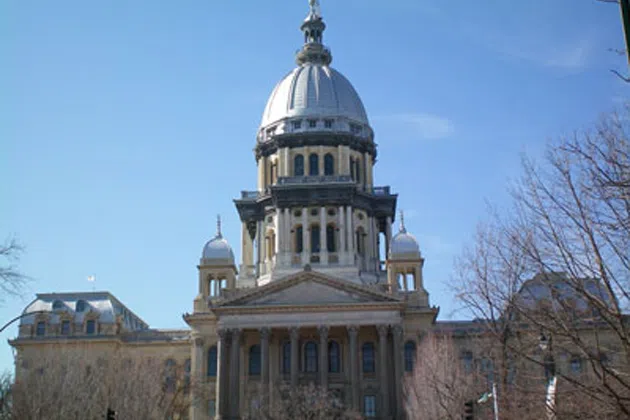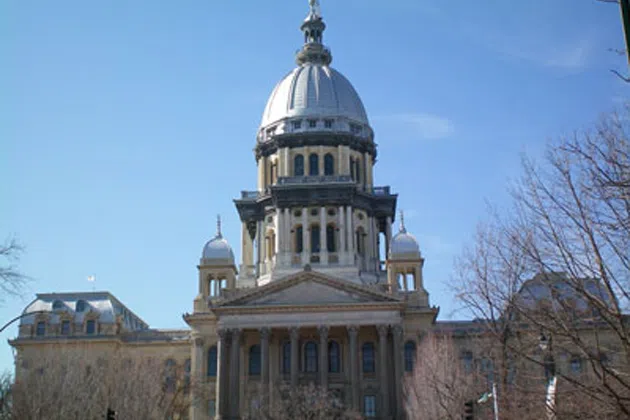
By Mike Matejka
The Paul Simon Institute at Southern Illinois University, named after our late U.S. Senator, recently completed an analysis of Illinois’ political gridlock. They laid the blame solidly. Was it on billionaire Bruce the Governor? The man Billionaire Bruce blames, Michael Madigan? Neither – you know who their study blamed? We the voters.
The Simon Institute’s survey asked Illinois voters where the budget should be cut, and if not cut, what extra taxes citizens were willing to pay. Here I’ll quote the study, where the authors found “an adamant insistence, in effect, of having our cake and eating it too. Here, perhaps, is the taproot of the gridlock weed: an unwillingness on the part of leadership to present hard news and explain its remedies, coupled with an unwillingness on the part of the led to hear it.”
In other words, we Illinoisans get upset where our parks are closed, our roads are bumpy and our most vulnerable people are having their services cut. At the same time, if we are asked to pay more taxes, we are totally against that also.
Political rhetoric and lore tells us that Illinois is a corrupt state. We here in central Illinois tend to point toward Lake Michigan as the corruption center, though every corner of the state has been touched at some point. It is also common to believe in central Illinois that Chicago is draining our taxes. Actually, Chicago does drain taxes, but so do we in central Illinois. If anyone should complain about their state taxes not coming completely back to them, it should be the higher income suburban Chicago ring, as those are the people who actually pay out more than they receive.
And it might also amaze us to learn, despite our calls to trim the fat, Illinois has one of the lowest ratios of state employees to population. Years of refusal, not only in Springfield, but amongst we the voters, has led to the current pension crisis, funding shortfalls and failing institutions.
Under Governor Quinn, there was an increase in state taxes, but it was temporary. Many expected the General Assembly to make it permanent, but when Governor Rauner was elected, the Democrats wanted him to claim that tax increase as his own, which he refused to do without a bargain on his agenda, which the Democrats opposed.
Can government be more efficient? Every institution can find new efficiencies. This Simon Institute study reminds us that if we want our roads fixed, our most needy cared for and our schools and universities to stay open, at some point, we are going to have to pay for it. Tax increase is a word no politician wants to say and something no citizen enjoys hearing, but perhaps we’re at a point where rhetoric about cutting Springfield and no new taxes might be doing more harm than good.
Mike Matejka is the Governmental Affairs director for the Great Plains Laborers District Council, covering 11,000 union Laborers in northern Illinois, Iowa, Nebraska and South Dakota. He lives in Normal. He served on the Bloomington City Council for 18 years, is a past president of the McLean County Historical Society and Vice-President of the Illinois Labor History Society.
The opinions expressed within WJBC’s Forum are solely those of the Forum’s author, and are not necessarily those of WJBC or Cumulus Media, Inc.





